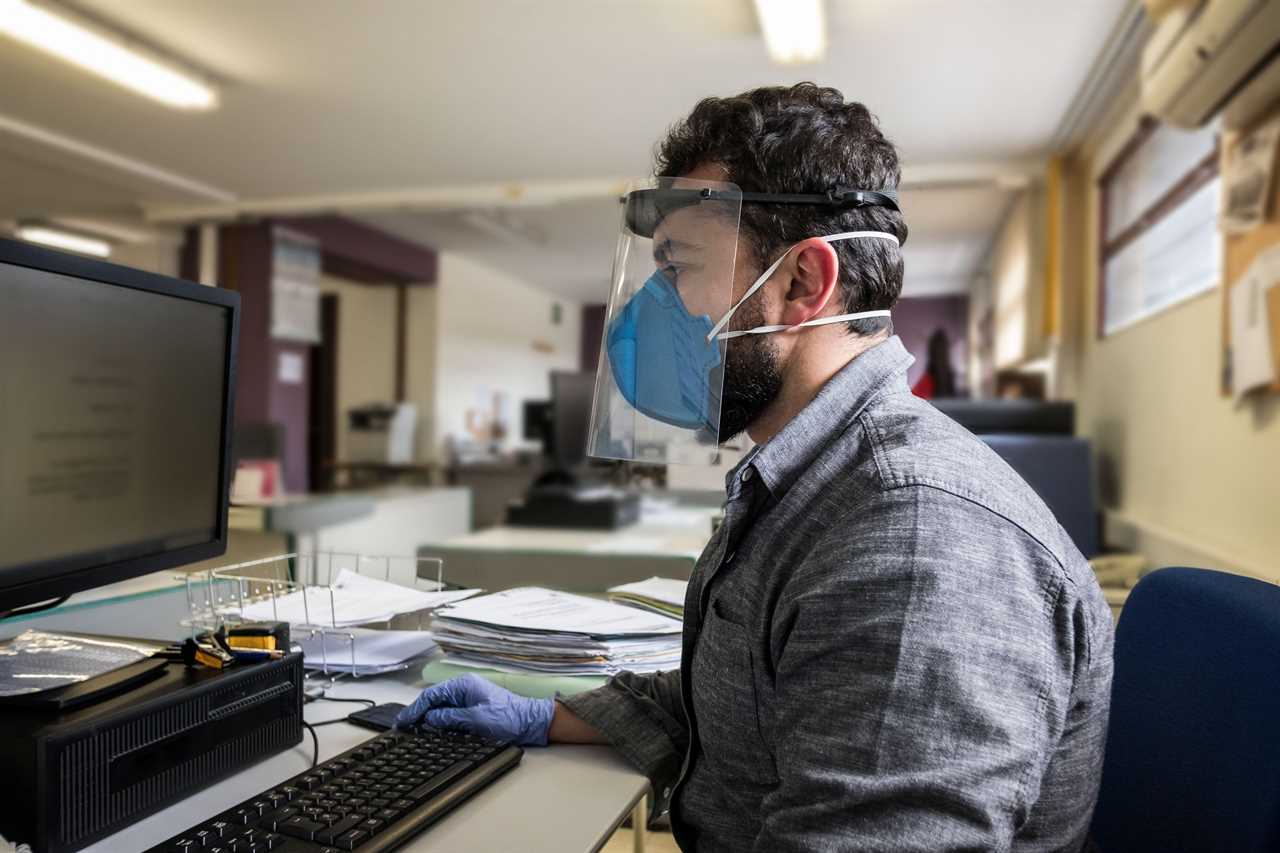COMPANIES and schools are set to be told to by carbon dioxide monitors to make sure the air is fresh enough to curb Covid transmission.
The devices will be installed as part of a raft of Government guidelines aimed at tackling poorly ventilated rooms where the virus can hang around in the air.

Read our coronavirus live blog for the latest updates

Employers will also be told to find work areas that lack fresh air as well as cut virus transmission by opening windows or installing ventilation systems.
The new guidance comes as Boris Johnson prepares to withdraw the “work from home” advice, as he prepares to further lift Covid-19 restrictions, reports the Daily Telegraph.
A No 10 spokesman said the Prime Minister would use a press conference on Monday to set out plans and “urge the public to continue to use their freedoms responsibly, so we do not put at risk the progress we have worked so hard for”.
Meanwhile, a separate pilot project is trialling carbon dioxide monitors in classrooms.
Last year, Sage’s Environmental and Modelling Group concluded measuring higher than normal levels of carbon dioxide.
This gas is emitted from the lungs when people breathe out and so monitoring it is a good way of finding out when a room is badly ventilated and therefore at risk of spreading Covid.
The Health and Safety Executive says: “People exhale carbon dioxide when they breathe out.
“If there is a build-up of CO2 in an area it can indicate that ventilation needs improving.”
Cheap non-dispersive infrared monitors are advised.
The watchdog also states the devices can be “well suited” to monitoring air quality in larger office and meeting rooms, restaurants and bars.
The guidelines come as rates of infections are surging across the UK amid fears it “would be dangerous” to return to life as normal on July 19.
A Government advisor today warned high levels of Covid-19 vaccination rates could “challenge the virus” to mutate into variants against which the jab is less effective
Dr Mike Tildesley, a member of the Scientific Pandemic Influenza Group on Modelling (Spi-M) Government advisory panel told Times Radio: “Of course the more cases you have, particularly with high levels of vaccine protection, that does then kind of challenge the virus a little bit more and gives more potential for it to mutate.”







